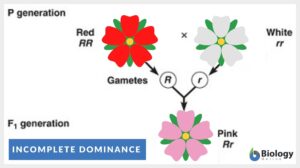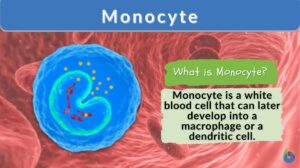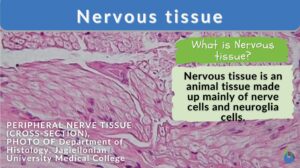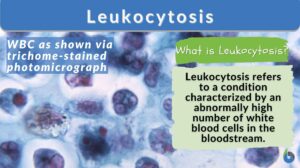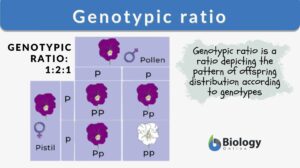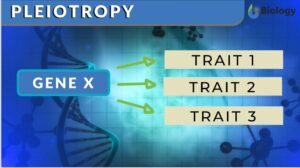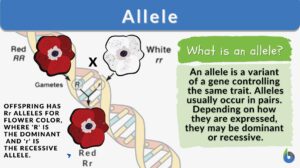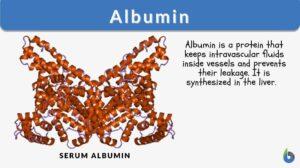Search Results for: white
White blood cell
Definition noun, plural: white blood cells Any of the nucleated blood cells that lack hemoglobin, with a primary role in the... Read More
White adipose tissue
Definition noun, plural: white adipose tissues A type of adipose tissue found in mammals used to store energy and acts as... Read More
White substance
white substance --> white matter (Science: anatomy) brain tissue composed of myelin-coated nerve cell fibres. White... Read More
Adipose tissue
Adipose Tissue Definition Adipose tissue, a specialized variety of connective tissue, is composed of lipid-rich cells known... Read More
Incomplete dominance
Incomplete Dominance Definition After Gregor Mendel discovered inheritance laws, the term ''incomplete dominance'' was... Read More
Nervous System
THE is the most complicated and highly organized of the various systems which make up the human body. It is the... Read More
White line of toldt
Definition noun, plural: white lines of Toldt (1) The lateral peritoneal reflection along the outer edge of the ascending... Read More
Codominance
Codominance Definition Codominance is a form of inheritance wherein the alleles of a gene pair in a heterozygote are fully... Read More
Nervous tissue
Nervous Tissue Definition Nerve cells (or neurons) and their associated cells, such as neuroglia cells, make up nervous... Read More
Leukocytosis
What Is Leukocytosis? Leukocytosis is a condition wherein the number of White Blood Cells (WBCs) is increased above the... Read More
White line of frankel
white line of frankel (Science: radiology) Dense zone of provisional calcification at edge of metaphysis, just beneath... Read More
White reaction
white reaction The response seen in many individuals after the skin is lightly stroked with a blunt instrument; it is... Read More
Genotypic ratio
Genotypic Ratio Definition To understand 'Genotypic ratio', let us first understand the terms: 'Genotype' and 'Phenotype'.... Read More
Disruptive Selection
An evolutionary process known as disruptive selection (or disruptive natural selection) causes a population to become... Read More
External capsule
Definition noun (anatomy) A thin, white sheet of whiter matter fibers in the brain between the putamen and... Read More
Natural selection
Natural Selection Definition What is natural selection in biology? Natural selection is defined as a process in nature... Read More
Pleiotropy
Pleiotropy Definition When one single gene starts affecting multiple traits of living organisms, this phenomenon is known... Read More
Non-Mendelian Inheritance
Reviewed by: Mary Anne Clark, Ph.D. The inheritance patterns seen in Mendel's monohybrid and dihybrid crosses... Read More
Polygenic inheritance
Polygenic inheritance refers to the kind of inheritance in which the trait is produced from the cumulative effects of many... Read More
Unconditioned stimulus
An unconditioned stimulus inherently triggers an automatic response, not reliant on deliberate prior learning. In contrast... Read More
Complete dominance
Complete Dominance Definition Genetics is the study of how traits are inherited by organisms and in what ways these... Read More
Blood cell
Definition noun, plural: blood cells Any of the cells in blood, i.e. a red blood cell (erythrocyte) or a white blood cell... Read More
Cell adhesion
Cell Adhesion Definition Cell adhesion is the process in which a cell uses a specialized complex of proteins to get... Read More
Macrophage
Definition noun, plural: macrophages A leukocyte whose main function is to eliminate cellular debris and foreign particles... Read More
Sex-linked trait
Definition of Sex-Linked Traits A sex-linked trait is an observable characteristic of an organism that is influenced by the... Read More
Light-dependent reaction
Many organisms, such as green plants, convert light energy into chemical energy through the mechanism of photosynthesis. In... Read More
Brown adipose tissue
Definition noun, plural: brown adipose tissues A type of adipose tissue found in mammals that is brownish as opposed to... Read More
Chlorophyll
Why are most plants green? Have you ever had the same question? Perhaps, you’ve been told that the plants are green... Read More
Lymphocyte
Definition noun, plural: lymphocytes The white blood cell of the blood derived from the stem cells of the lymphoid series of... Read More



